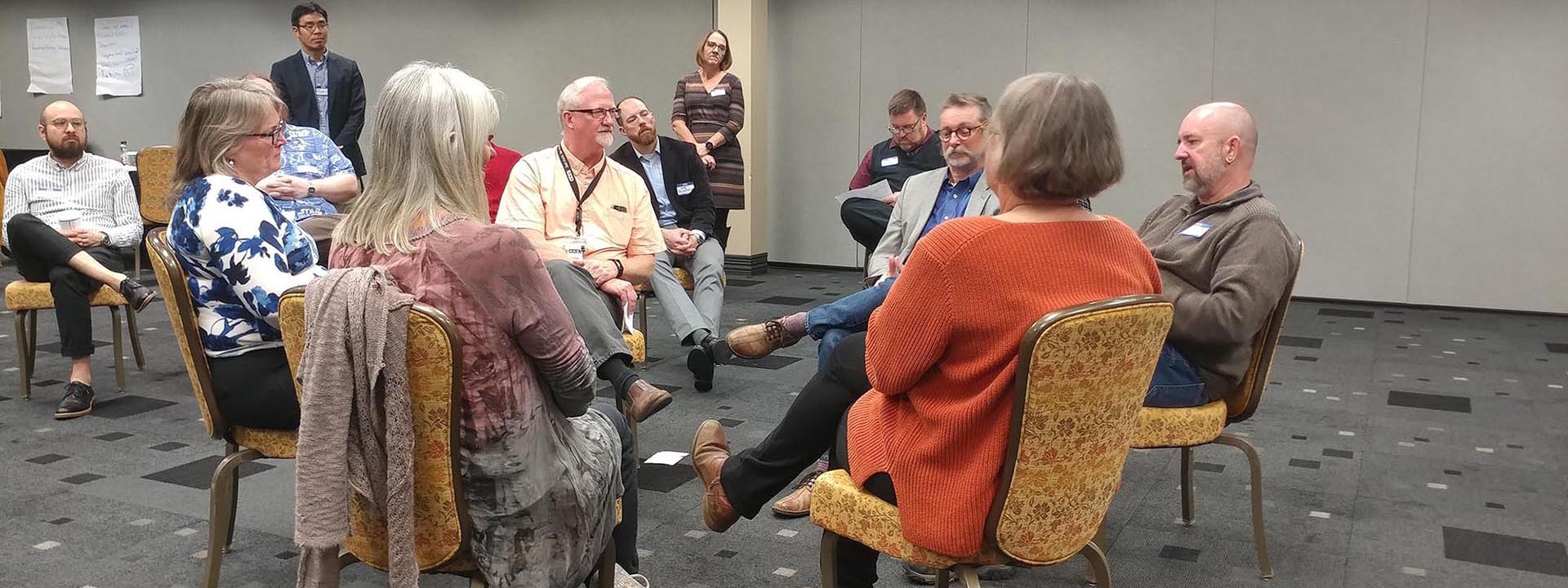Douglas W. Hume, Ph.D.
Anthropologist & Educator
Teaching Philosophy

Active-experiential Learning
In all of my courses, I weave active-experiential learning with traditional forms of teaching (discussions, films, lectures, readings, tests, and writing). Active-experiential learning includes reflection on doing rather than “cognitive learning theories, which tend to emphasize cognition over affect, and behavioral learning theories that deny any role for subjective experience in the learning process” 1 and has evolved from “Dewey’s philosophical pragmatism, Lewin’s social psychology, and Piaget’s cognitive- developmental genetic epistemology form a unique perspective on learning and development” 2.
Critical Pedagogy
In my upper division courses, I use a critical pedagogical approach, as inspired by Paulo Freire’s seminal work, The Pedagogy of the Oppressed 3. Critical pedagogy is based upon the notions that:
learning… is to constitute an act of knowing [where] the learners must assume from the beginning the role of creative subjects. It is not a matter of memorizing and repeating… but rather, reflecting critically on the process 4.
The aim of a critical pedagogy is to adopt:
habits of thought, reading, writing, and speaking which go beneath surface meaning, first impressions, dominant myths, official pronouncements, traditional clichés, received wisdom, and mere opinions, to understand the deep meaning, root causes, social context, ideology, and personal consequences of any action, event, object, process, organization, experience, text, subject matter, policy, mass media, or discourse 5.
In my courses, students are be challenged to critically read primary literature (not a standard textbook that synthesizes ideas that then the student is required to memorize), critically write about what they experience (not simply regurgitate facts or copy direct quotations), and critically discuss what they read and write (not by being lectured at and being told what to know).
1 David A. Kolb, Richard Boyatzis, and Charalampos Mainemelis, “Experiential Learning Theory: Previous Research and New Directions'” in Perspectives on Cognitive, Learning, and Thinking Styles, eds. R. J. Sternberg and L. F. Zhang (Taylor & Francis 1999).
2 David A. Kolb, The Experiential Learning: Experience as the Source of Learning and Development (Pearson Education, 2014).
3 Paulo Freire, Pedagogy of the Oppressed (The Continuum International Publishing Group, Inc., 2005).
4 Paulo Freire, The Politics of Education: Culture, Power, and Liberation (Greenwood Publishing Group, 1985).
5 Ira Shor, Empowering Education: Critical Teaching for Social Change (Chicago University Press, 1992).